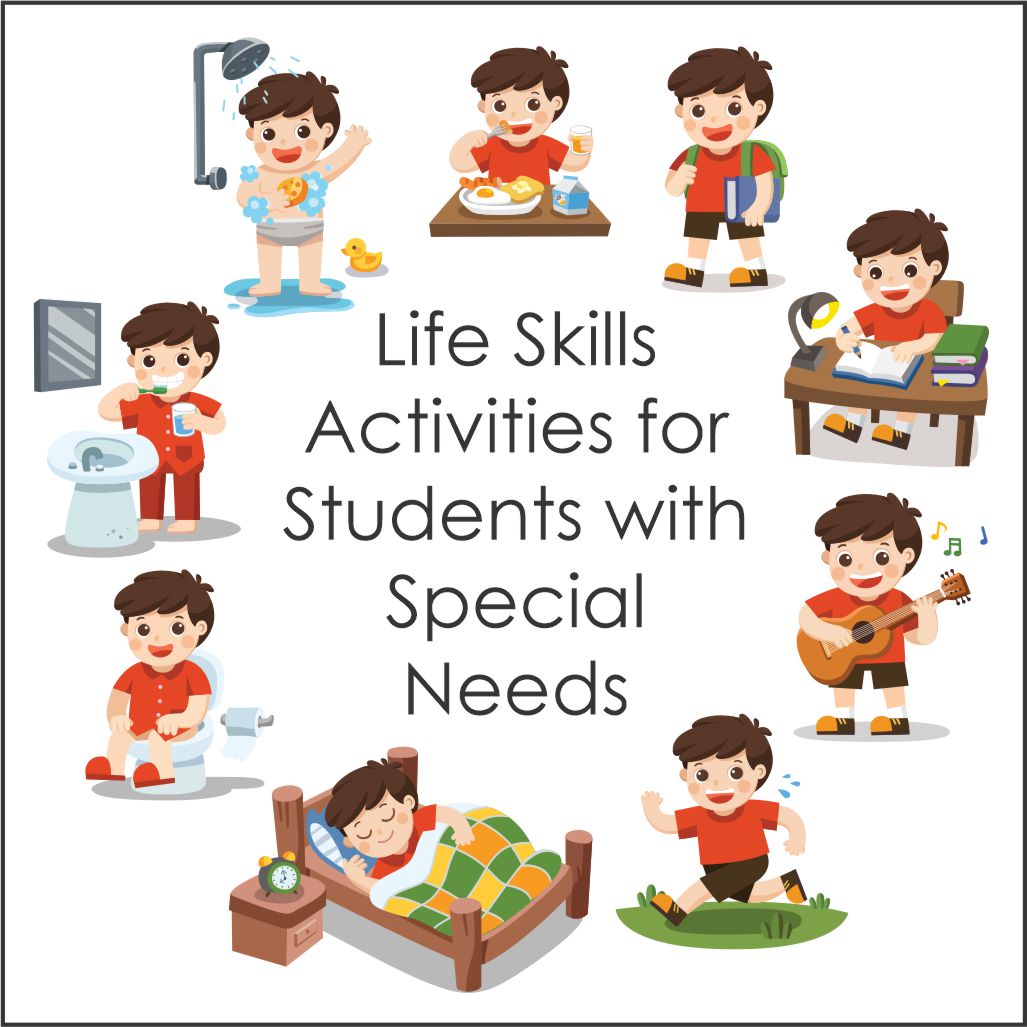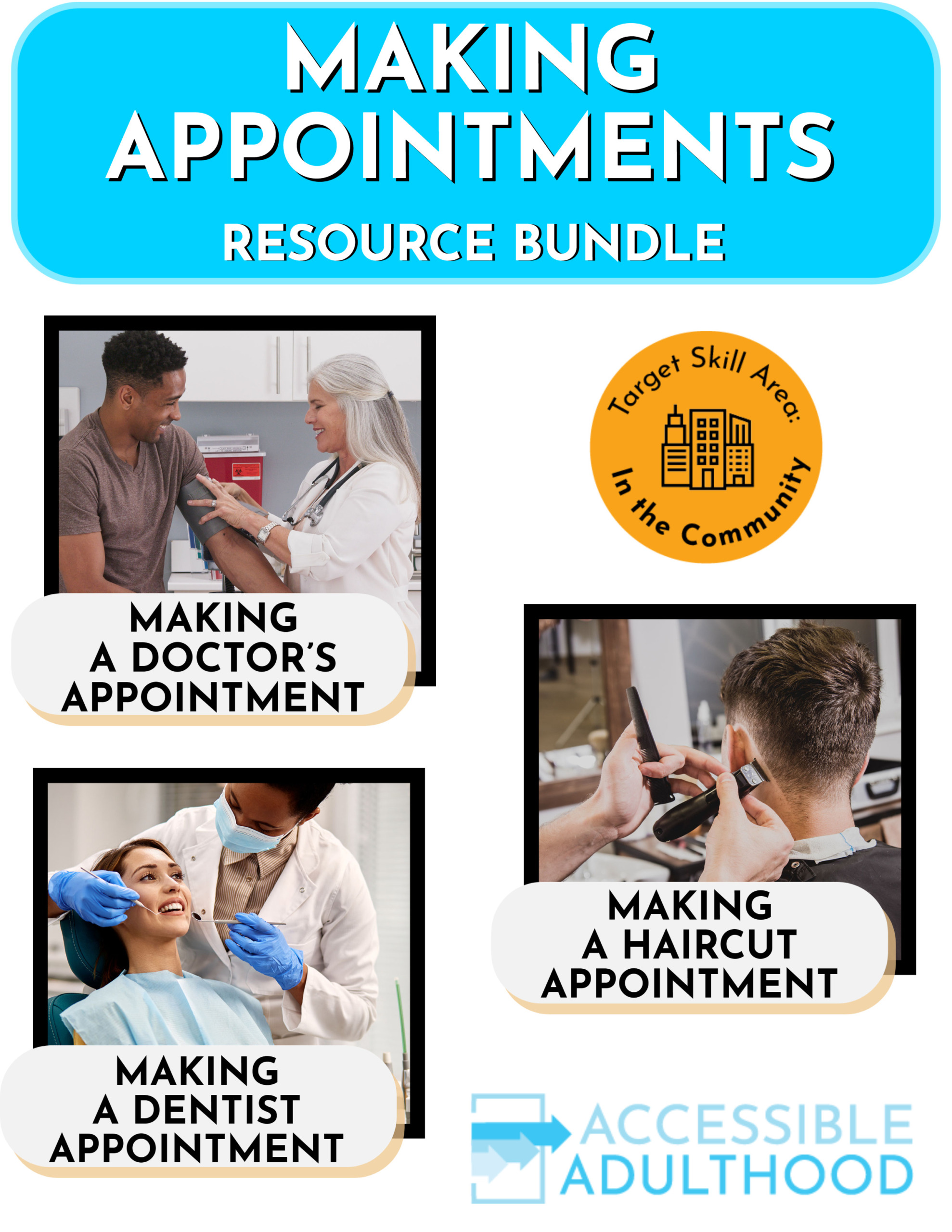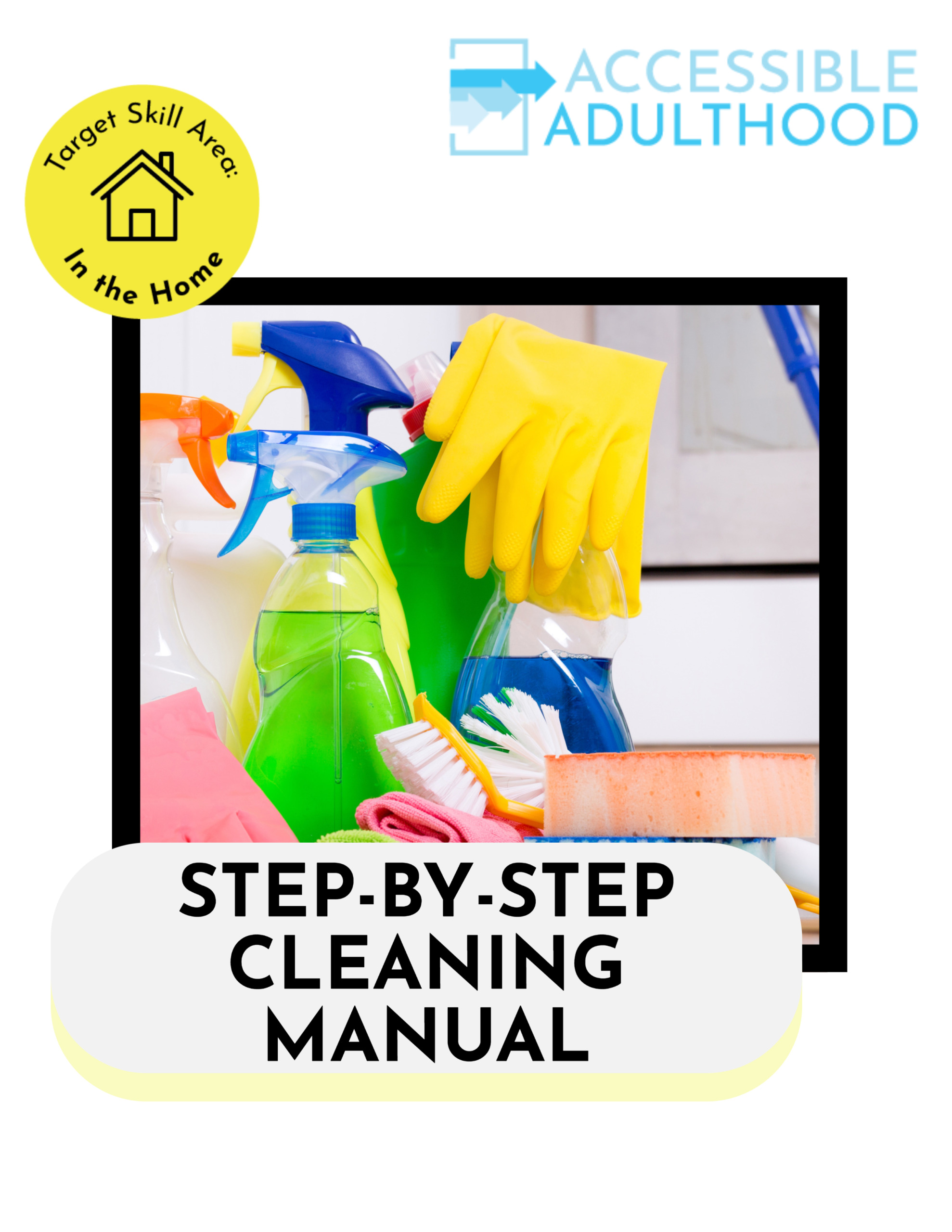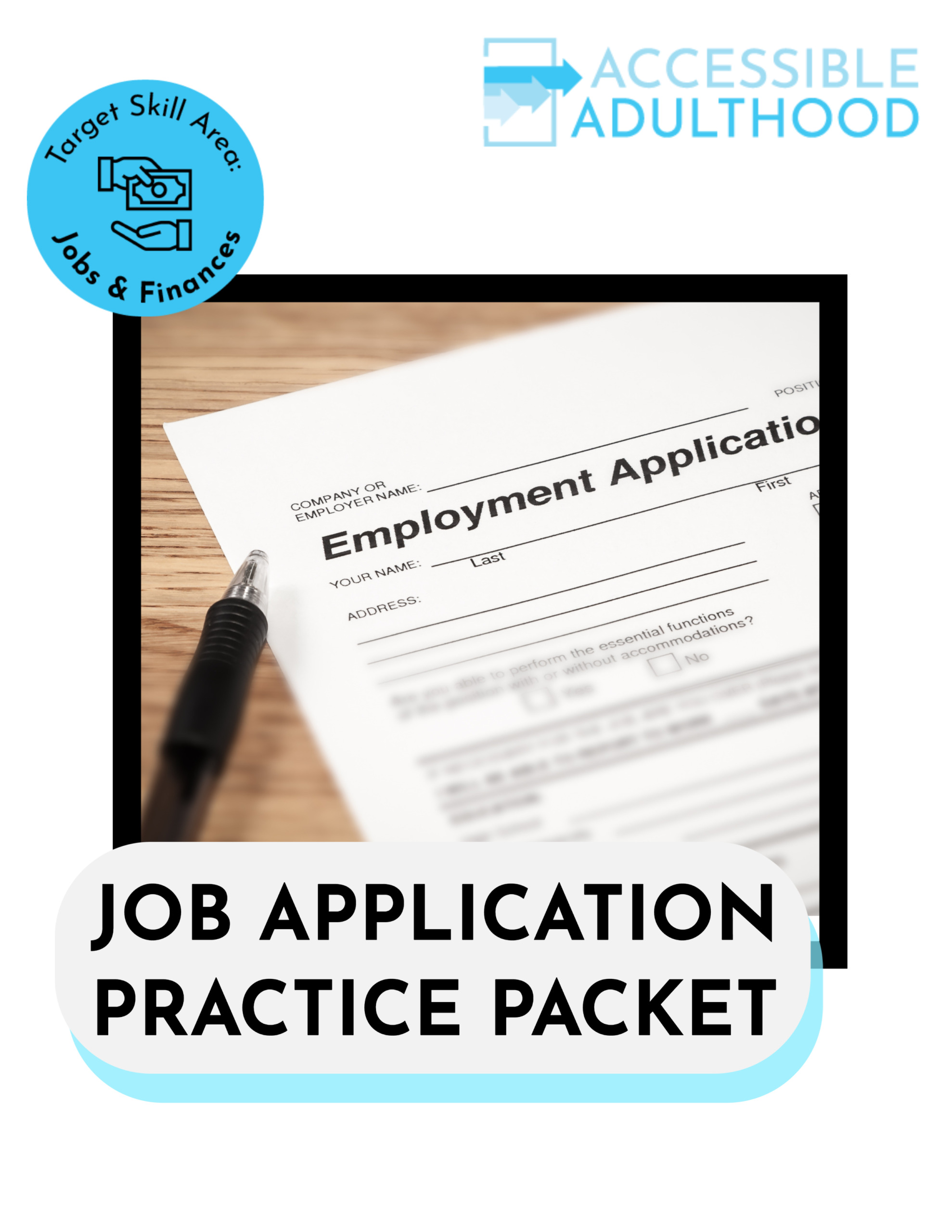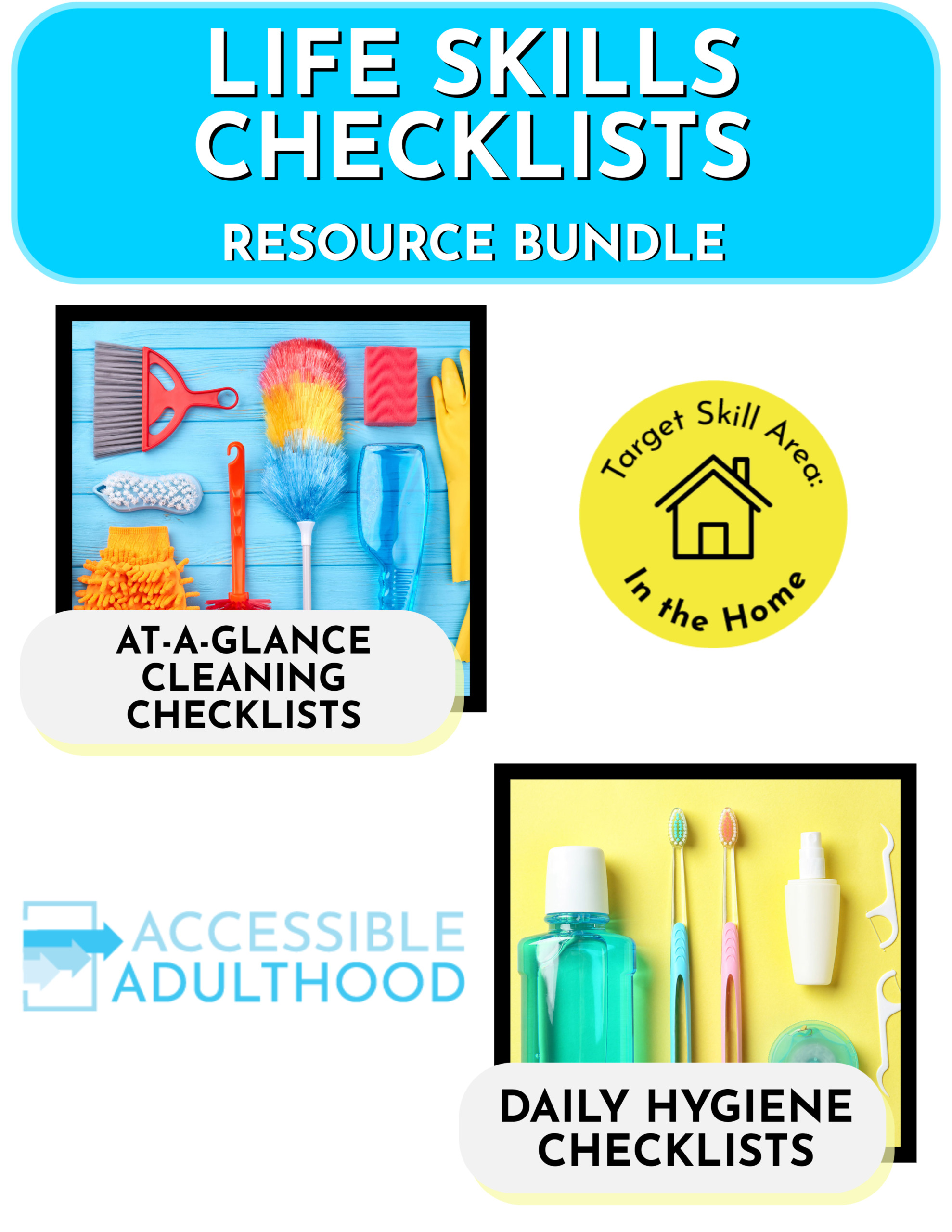Life Skills Activities for Special Needs Students
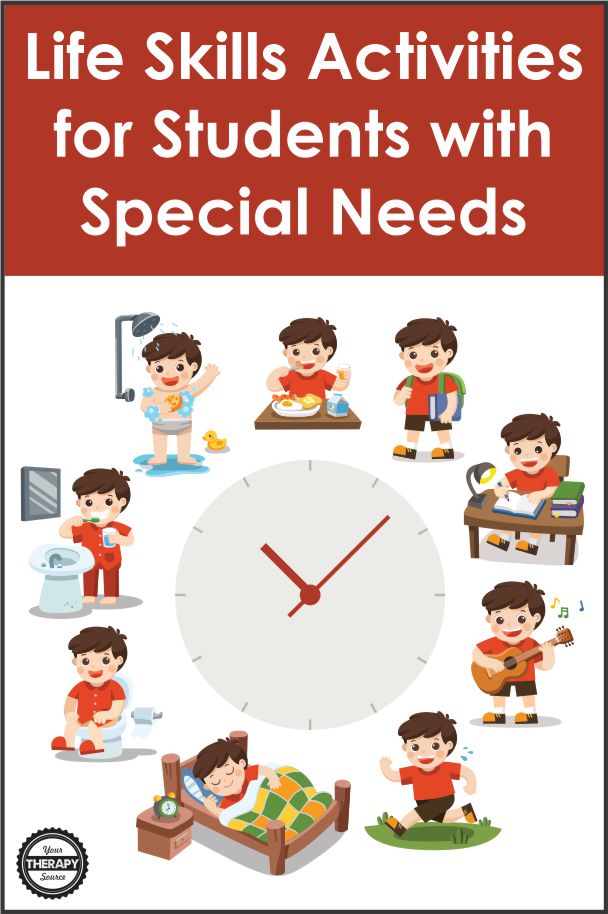
Teaching life skills activities for special needs students requires a unique collection of strategies considering each student’s strengths and weaknesses. Special needs students, including those with Autism, ADHD, and various physical disabilities, often require specialized approaches for effective learning. This article aims to provide a comprehensive guide to teaching life skills, broken down by age groups, with specific examples tailored to the needs and capabilities of these exceptional students.
IMPORTANCE OF TEACHING LIFE SKILLS
Life skills are crucial to every individual’s personal and social development. They are the basic tools necessary for a person to function effectively in life, covering everything from personal hygiene and self-care to communication and problem-solving skills. These skills help individuals to make informed decisions, interact with others, and manage their personal lives efficiently.
The importance of learning these skills cannot be overstated for special needs students. These students may face unique challenges that require additional support and resources to overcome. The aim is to help them gain a sense of independence, self-confidence, and the ability to participate in community life.
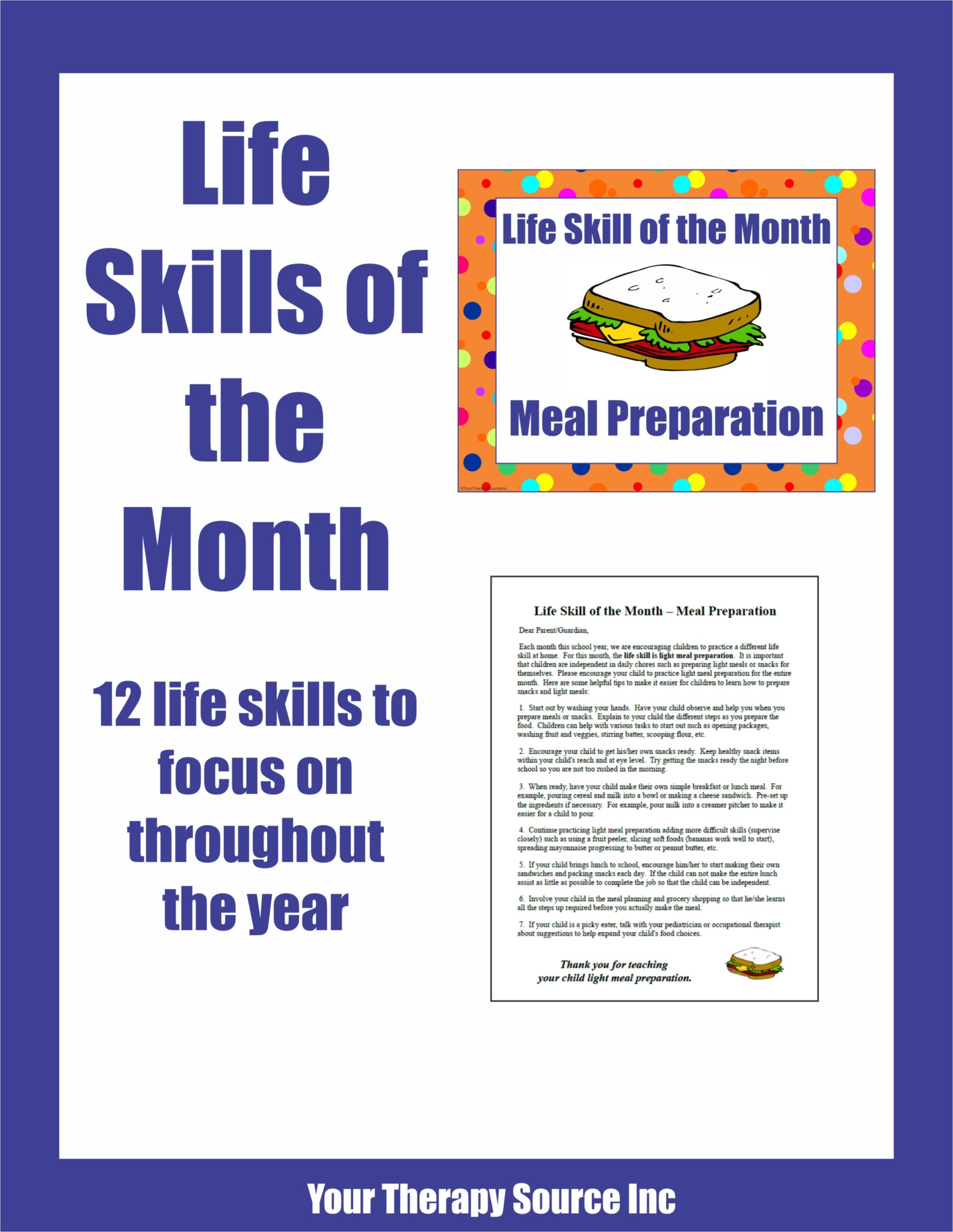
Life Skills of the Month
TEACHING LIFE SKILLS TO PRESCHOOLERS
At the preschool level, the focus is on introducing basic life skills through play and routine activities. Children at this stage are very curious and eager to learn, making it the perfect time to start teaching specific skills.
- Toilet Training: This is one of the first major steps towards self-care that a child takes. Children with autism might need structured routine and visual schedules, while those with physical disabilities might need assistive devices. The best method is to use patience and consistency to ensure success in this process. Children with autism may need a structured approach and extra practice.
- Handwashing: Teaching preschoolers to wash their hands with soap is an important hygiene lesson. For children with ADHD, turning the process into a fun game or song can help them focus.
- Brushing Teeth: This is another essential hygiene routine. Using flavored toothpaste or a toothbrush with a favorite character can make the process more appealing. Step-by-step directions showing how to brush teeth can also be helpful.
- Understanding Basic Emotions: Start teaching children to identify basic emotions like happy, sad, angry, etc. Social stories and picture cards can be effective tools for children with Autism to understand and express their feelings.
ELEMENTARY SCHOOL YEARS: KINDERGARTEN TO SECOND GRADE
Elementary school years are the time to build on the basics learned in preschool and introduce new skills.
- Dressing Independently: Dressing appropriately for different occasions and choosing appropriate clothes for the weather is crucial. For children with physical disabilities, adaptive clothing might be helpful.
- Understanding Time and Days: Teaching children the basics of time management using the concept of yesterday, today, and tomorrow aids their comprehension of time. Using visual aids such as a calendar can assist children with autism and other disabilities in understanding this concept.
- Basic Household Chores: Teaching basic skills such as chores like putting toys away, making the bed, or feeding a pet are practical. This teaches responsibility and basic household skills.
- Communication Skills: Encourage basic conversation skills by teaching them to introduce themselves, make eye contact, and listen when others are speaking. Role-playing can be a helpful tool here to teach these practical skills, especially for children with autism.
ELEMENTARY SCHOOL YEARS: THIRD TO FIFTH GRADE
As children grow older, the complexity of life skills activities for special needs students should also increase.
- Preparing Simple Meals: Teach them to make healthy snacks or simple breakfast. Always supervise to ensure safety. This can be reinforced through student worksheets and parent or teacher instructions.
- Money Skills: Begin with identifying coins and bills and understanding the concept of change. Board games involving money can make this fun and interactive to promote student learning.
- Activities for Daily Living Skills (ADL): Introduce them to ADL activities such as laundry, meal preparation, washing dishes, and more. This can be made into a fun activity with rewards for completion.
- Writing Skills: Encourage them to write thank-you notes, letters, or keep a journal. This helps in improving their writing skills and expressing their thoughts. This is an excellent activity in the general education classroom using reproducible worksheets too
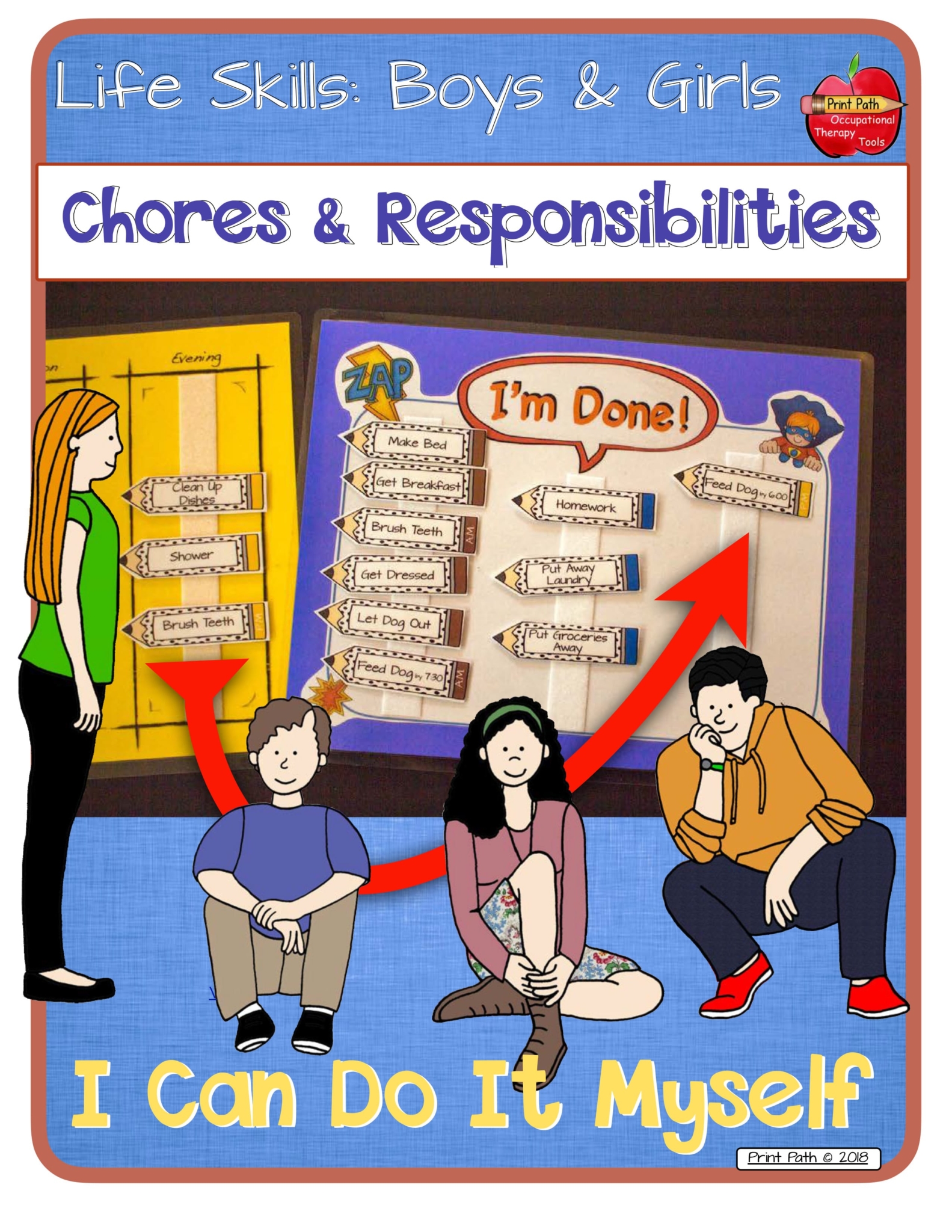
Life Skills: Chores, Routines, and Responsibilities
LIFE SKILLS ACTIVITIES FOR SPECIAL NEEDS STUDENTS IN MIDDLE SCHOOL
Middle school is a transitional phase where students start to face more complex social scenarios with their peers and personal responsibilities. The introduction of more advanced life skills activities is crucial at this stage.
- Digital Literacy: Lesson plans in this age group should focus on teaching students how to use social media responsibly. They need to comprehend the importance of privacy, respectful communication, and how to distinguish between reliable and unreliable news sources. These activities should also promote self-awareness about the influence of social media on their lives. Discuss and teach proper cell phone manners as well.
- Time Management: Complete activities using planners or digital tools for organizing their homework, chores, and extracurricular activities. Children with ADHD might benefit from visual timers or apps designed to help with focus and organization.
- Basic Cooking Skills: Start teaching them to prepare healthy meals with supervision. Gradually increase the complexity of the meals as they become more confident in their cooking skills.
- Personal Hygiene: Teach and review the importance of self-care, keeping a clean body and managing puberty.
- Managing Emotions and Stress: Teach techniques for conflict resolution, handling peer pressure, friendship skills, and managing stress. Mindfulness activities or yoga can be beneficial, especially for students with ADHD, to help focus and calmness.
- Everyday Math Skills/ Everday Writing Skills: Be sure to review and teach basic concepts around money management and everyday writing tasks such as note-taking.
- School Skills: Middle school students need to learn organizational skills, study skills, planning assignments, homework management and more as they become more independent in their academic journey.
LIFE SKILLS ACTIVITIES FOR SPECIAL NEEDS STUDENTS IN HIGH SCHOOL
As teens enter high school, the focus shifts towards more complex life skills that prepare them for adulthood and personal life choices. Secondary students require instruction in practical living skills and job skills. Determine their present skills and set goals. This teenage life skills checklist may help too.
- Financial Literacy: Teach them about banking options, how to use an ATM, the basics of credit cards and debit cards, and making a personal budget. Real-world context examples like planning a vacation, making the correct change, making responsible financial decisions, or comparing unit pricing at a grocery store can be useful.
- Advanced Communication Skills: Encourage participation in group projects and social events to enhance their communication and teamwork skills. Role-playing different scenarios can help them understand the importance of nonverbal messages, active listening, and resolving misunderstandings. Becoming a responsible citizen should be a focus of lessons.
- Job Skills: Introduce basic job training, writing resumes, and interview techniques. Consider arranging a work part-time experience or volunteering opportunity to give them real-world context and work experience. Help them set realistic vocational goals. Remember to fade prompts or interactions as the students become more independent.
- Self-Care and Health: Discuss the importance of regular exercise, healthy eating, personal safety, and the dangers of smoking or vaping. Provide resources for understanding and managing mental health issues such as depression. Remind students that hobbies and leisure activities can also help with overall health.
- Transportation: Teach skills to help older students with public transportation, reading a community map, and learning about community resources.
Teaching life skills to special needs students is a continuous process, requiring patience, understanding, and flexibility. Remember to build upon a child’s strengths when you are teaching life skills. It’s essential to provide a supportive learning environment, adapt to the unique needs of each student, and celebrate every achievement, no matter how small.
